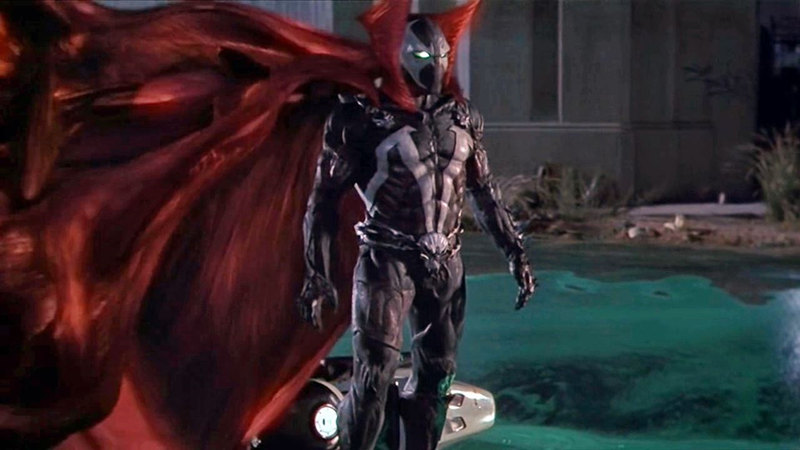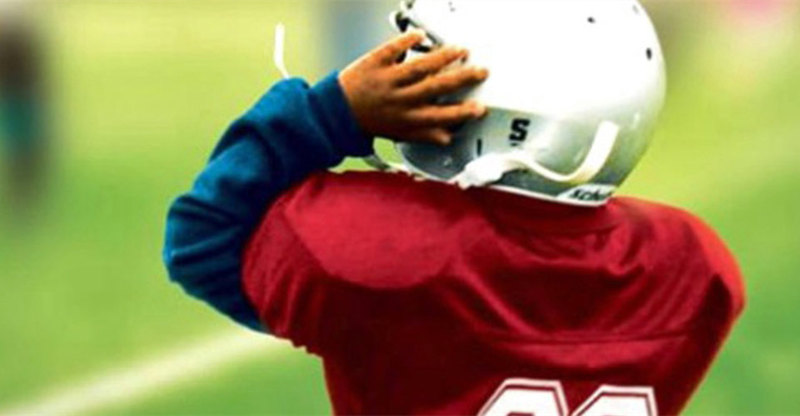The last time we met Hong Kong superstar Jackie Chan, he was teamed up with Chris Tucker in “Rush Hour” (1998) and kung-fuing his way through modern L.A. It was a moderately successful comedy. This time out in “Shanghai Noon” (2000), Chan is teamed up with Owen Wilson and kung-fuing his way through the Old West. It’s a more innovative premise, uses fresher material, and comes off a bit funnier than the previous effort. As Chan’s comic persona develops, his films get better and better.
The two biggest assets a Jackie Chan film has are well represented here–the man’s amazing martial arts abilities and the man’s self-effacing charm. He never takes himself or his movies too seriously, which for the audience usually makes for casual and good-natured movie watching. It’s true that sometimes one Jackie Chan movie can seem a lot like every other Jackie Chan movie, but this one is at least different in its locale and its costar. The time is somewhere in the late nineteenth century, and Chan plays a member of the Emperor of China’s Imperial Guard. His name is Chon Wang, a play on “John Wayne,” a name the rest of the cast thinks sounds silly for a cowboy. He’s enlisted to accompany several other members of the Guard to travel to America and pay off a ransom in gold for the Emperor’s kidnapped daughter, the Princess Pei Pei (Lucy Liu). Once in the States, he meets an amiable train robber named Roy O’Bannon, played by an ever-amiable Owen Wilson. Together, they set out to find the girl, Wang out of his obedience to the Emperor and devotion to the Princess, and O’Bannon out of greed at hearing the word “gold.”
Along the way, Chan helps out and befriends a Native-American tribe, picks up an unexpected bride (Brandon Merrill), and incurs the wrath of a gun-slinging U.S. Marshall named Van Cleef (Xander Berkeley in a takeoff on Lee Van Cleef, one of the original gunmen in “High Noon” and about 800 other classic Westerns). The real villain in the piece, in any case, is Lo Fong (Roger Yuan), a Chinese expatriate and real meany who is expecting the Emperor to pay handsomely to get his daughter back.
The movie features the inevitable bar fights, this time with the addition of Chan’s fast-punching, high-kicking athletic prowess; plus shoot-outs in the street; Indian attacks; and a whole series of narrow escapes, like being saved in the nick of time from hanging, and some fancy gymnastics in a church steeple. In other words, it parodies most every Western-movie cliché one can imagine. Probably the best action scene has Chan fighting a group of Van Cleef’s deputies using only a horseshoe and a rope. It’s a clever bit and worth watching a couple of times in itself; as are the spoof of “Butch Cassidy and the Sundance Kid” at the end of the film and the outtakes just before the closing credits.
I wish the film hadn’t gone on so long, though. It’s not really an epic Western in the traditional sense, and it suffers from its nearly two-hours length. There are too few jokes for stretches that go on too long; and there’s an ending that should have concluded about fifteen minutes earlier. In fact, the thing never wants to end. Mind you, it’s nowhere near as dreary as “Wild Wild West” was for long stretches, too, because “Shanghai Noon” doesn’t rely on mechanical contrivances to buoy up its action. But even Chan’s retiring demeanor and Wilson’s subtle drollness can wear thin after the first ninety minutes.
Video:
Buena Vista, Touchstone Pictures, and Spyglass Entertainment present the film in a very wide 2.13:1 screen aspect and in natural, lifelike colors. The opening scenes in China’s Forbidden City are splendid, rich and lush, with only the faintest hint of a soft blur about them, a kind of almost-invisible smearing of colors that makes the picture not quite as brilliant as it might be. However, that doesn’t make the color even remotely bad because if you look out your window, odds are you won’t see bright, vivid colors in real life, either.
Audio:
The Dolby Digital 5.1 sound probably isn’t utilized as much as it could be in all five channels all the time, but when it is, it’s spectacular, the bass tremendously deep, the dynamics tremendously strong, and the surround effects tremendously productive.
Extras:
There’s an excellent assortment of bonus goodies on the disc, too, a milestone of sorts for a DVD product distributed by Buena Vista. There are English and French spoken language options and Spanish subtitles. There’s a full-feature audio commentary with stars Jackie Chan and Owen Wilson and director Tom Dey. There are eight, clean, widescreen deleted scenes that can be played with or without commentary. There are seven, short, behind-the-scenes featurettes, ranging in length from two to four minutes; a single, thirty-minute documentary would have been more convenient, but I’m not complaining. There are two entertainment quizzes under the title “Shanghai Surprise.” There is another look at the film’s action sequences in a segment called “Action Overload.” There is a music video by Uncle Kracker, “Yeah, Yeah, Yeah.” Yeah, well…. There are twenty-eight scene selections. And there’s a widescreen theatrical trailer. Mainly, fun stuff.
Parting Thoughts:
No one could accuse Jackie Chan of making comedies that were overly sophisticated. Like most of his films, “Shanghai Noon” is not so much a laugh riot as it is an affable romp, this one just as lightweight as every other film he’s made. But this time Chan has the advantage of a unique setting for a Chinese hero, as well as a partner as easygoing as he is. The result is fluff, to be sure, but pleasant fluff, the kind that passes an agreeable two hours without offending one’s eyes or mind. It helps that its picture and sound are so very good, too.


